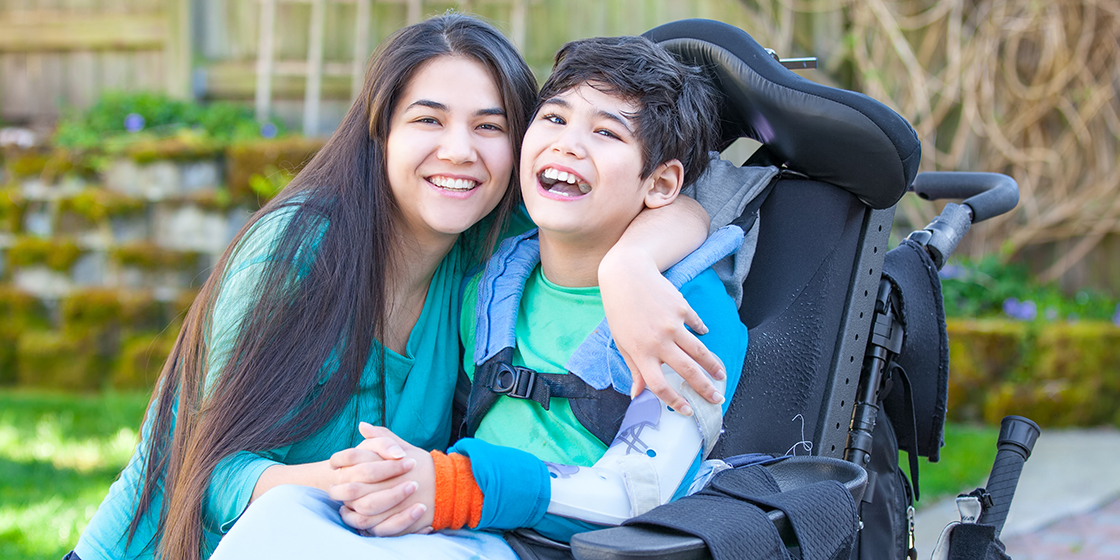
January 7, 2018 | By: Shailen Singh
Categories: Family Support
My older, neurotypical son had a birthday party yesterday. It was your normal combination of chaos, pizza, games, and overly excited children. The entire family was there, including my middle child who was enjoying all the action from his wheelchair.
Naturally, many of the kids stared curiously and wondered what his backstory was. Disability aside, my younger son can be a little aloof when around people he doesn’t know. So he wasn’t really reciprocating the interest. It was obvious from his expression that he wanted the staring to stop.
But my wife and I could see that the kids were curious, and we took this as a wonderful opportunity to educate kids who don’t have much experience with disability.
It’s hard to explain to a 6-year-old about an in-utero infection leading to brain damage, but in the grand scheme of things, they don’t care about that. What we wanted them to know was that our son is normal in his own way and that he’s more like them than different.
So we told them that he didn’t walk and didn’t talk too well, but that he loved Mickey Mouse. He loved sweets like ice cream, and that he loved to be tickled. Our goal was to make the kids realize that this child is really no different from them.
Of course, there were a couple of occasions where we had to gently correct some children. One kid said that my son’s legs were broken. My instinct was to lash out. But I realized that kids will be kids, and this was an opportunity to frame that child’s entire experience on disability from the start. So we gently corrected them to say that, “No, his legs weren’t different. He was just still trying to learn how to use them.”
This was a monumental experience for me. For the first time, I wasn’t defensive over who my son is. I was comfortable, honest and open. I was being the voice I think my son would have been for himself. I can very much imagine him saying “Hey yeah, it’s true. I’m still working on my legs, but let’s go play something else!”
The purpose was to normalize disability in the eyes of these children, to make sure they know that it’s not something to be afraid of—that’s it’s OK to be curious, but to channel the curiosity in a productive way.
Visit Parenting Children with Disabilities in Family Support on this site for more.

A few years before my son George graduated from high school, our family discovered a Special Olympics program called FUNdamental Sports.
Categories: Family Support, Transition to Adulthood

Kids need to learn about emergencies in ways they can understand and talk about.
Categories: Family Support

Your emergency plans might look different, but no matter how they look, they can make all the difference.
Categories: Family Support